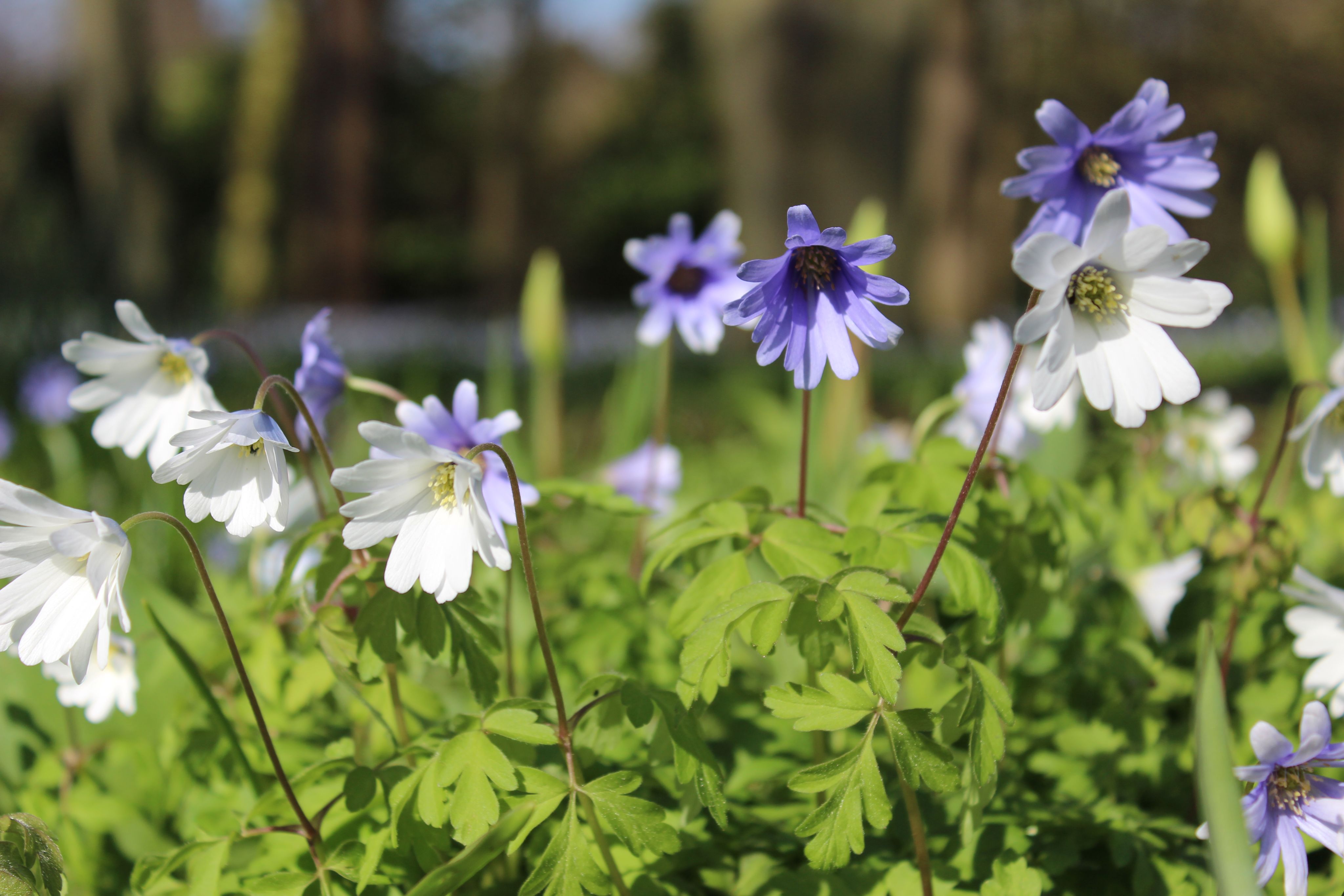The Haszeldine Fund in Chemistry
The College has endowed The Haszeldine Fund in Chemistry to commemorate one of Queens’ most notable chemists and Honorary Fellows, Professor Robert Haszeldine (1925-2016).

Remembering Professor Robert Haszeldine and supporting Queens' Chemistry students
This Fund supports Queens’ chemists by enriching provision for undergraduates and postgraduates and assisting them in a variety of areas:
- Academic related travel
- Books, equipment and dissertation expenses
- Research projects
- Chemistry events
- Internships
Thanks to a generous legacy from Professor Haszeldine, Queens’ secured the first £40,000 to establish this Fund. Support from a further 12 Queens’ donors enabled the College to endow the Fund at £100,000. The size of the Fund was once again increased in 2024 thanks to the kindness of Mr Michael Woodhouse (1963). As a result, The Haszeldine Fund in Chemistry is now commensurate with our other Natural Sciences funds: The Streetly Fund for Biology and The Woodhouse Fund for Physics. The Fellowships remains grateful to all donors.
This ring-fenced sum in the College’s endowment provides an annual return of about £6,000. It is disbursed to Chemistry students by the Director of Studies in Chemistry, (currently Dr Howard Jones), and the Senior Tutor.
Honorary Fellows, Professor Robert Haszeldine
Honorary Fellows, Professor Robert Haszeldine
Professor Robert Haszeldine
Professor Haszeldine was a Fellow of Queens’ (1954-57), Assistant Director of Studies in Natural Sciences (1956-57) and Honorary Fellow (1976-2016). A talented chemist, he enjoyed a stellar career at Queens’, UMIST (University of Manchester Institute of Science and Technology), first as Professor of Chemistry then as Principal from 1976, and many other institutions. This included stints as a visiting lecturer across Europe, Israel, the USA, South America, China, Japan, and Russia.
The Royal Society commented “during his career he made significant contributions to several branches of both organic and inorganic chemistry.” He is especially renowned for his work in the field of fluorine chemistry. His research has been characterised as boasting “outstanding experimental skill and originality.”

